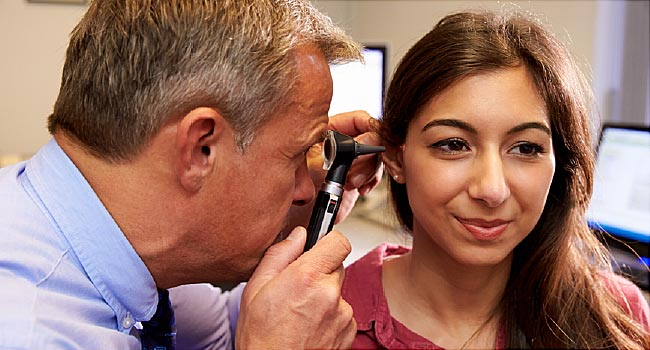If you’ve ever had an annoying, constant ringing or rushing sound in your ears, then you’ve experienced tinnitus before. While tinnitus is sometimes an acute phenomenon, in some situations it can feel chronic, especially without the right kind of treatment. Tinnitus, while seemingly harmless, can really take a toll on you depending on its severity.
Like other medical conditions, getting the right treatment can make a world of difference when it comes to leading a happy life without tinnitus. However, it can be tricky to nail down, which is why many people just choose to suffer through their condition instead of getting their tinnitus treated. Here’s what you should know about tinnitus, as well as the most effective treatments to address this annoying condition.
What is tinnitus?
While most people think of tinnitus as a ringing in the ears, it can also manifest as other noises, including a hiss, rushing sounds, buzzing, clicking, and humming. Tinnitus, whilst being a problem with the auditory system, isn’t a disease in and of itself. Instead, tinnitus is generally a symptom of a deeper underlying condition, such as a circulatory issue or head trauma. But whilst ear injuries are a common reason for tinnitus, sometimes tinnitus is just a symptom of larger hearing loss as a result of the natural aging process.
Although tinnitus is relatively harmless, it can certainly be quite disruptive to your day-to-day life. Thankfully, the effects of tinnitus can be reduced or even mitigated completely thanks to different kinds of treatments. In some situations, the underlying condition is treated and solves all of your hearing problems, perhaps even preventing any hearing loss. Other times, tinnitus can be reduced by masking the noise and making it less easy to be perceived.
How is tinnitus diagnosed?
Tinnitus diagnosis involves a few different tests in order to try and get to the bottom of what’s causing the ringing in your ears in the first place. Remember that tinnitus is generally a symptom of a larger problem, and so a medical professional will need to rule out different issues, in order to determine what’s wrong and ultimately treat your issue. For starters, your ear canal will be examined and you’ll likely need an examination by an audiologist to ensure that your inner ear or auditory nerve hasn’t sustained any damage.
After damage to your inner ear has been ruled out, you may undergo physical tests that examine your range of movement. For example, you may be asked to move your jaw in certain ways in order to identify, and/or rule out, TMJ and other jaw-related issues. In some situations, audiologists may even refer to get an MRI or CT scan performed, to find out what might be the root of the problem. Even the type of sound you’re hearing can be used to distinguish between a pulmonary problem and something like Meniere’s disease.
What are the best treatments for tinnitus?
Ultimately, if the underlying condition of your tinnitus can be identified and controlled, that’s the easiest way to address your tinnitus symptoms. That being said, there are a variety of treatment options tinnitus patients can look to, in order to address their tinnitus symptoms. For example, some tinnitus treatment involves acupuncture or relaxation techniques to help reduce the blood pressure or pulmonary issues that may serve as a cause of tinnitus.
When relaxation doesn’t work, sometimes the way to address the background sound patients experience is through white noise or masking devices. These items ultimately reduce the bothersome noise either by distraction, as is the case of white noise machines, or by making it easier to listen beyond it with hearing aids. The annoying sounds of tinnitus can be suppressed more efficiently with a combination of digital hearing aids and some tinnitus management technologies. In some situations, patients with severe tinnitus can even address the symptoms of tinnitus by using a device that helps retrain the brain to not notice the noise so much, through the use of biofeedback.
Do you have any questions about this article? Click here to contact us today.

 2018 ·
2018 ·
Leave a Reply